The careers landscape is changing. You may be wondering what you need to know in order to achieve your career goals.
Much careers advice stands the test of time. You’ll need to make connections and gain skills. In addition, changes in education and various industries has brought new opportunities that can give you a competitive edge.
For instance, did you know that by studying a Higher Apprenticeship you could get paid to gain a degree?
Whether you’re a school leaver thinking about how to achieve your future goals or an adult thinking about changing your career path, this advice can set you apart from the crowd.

1. Recognise the skills and qualities you already have
You probably have a number of attributes already that you’re not using to your advantage.
Soft skills are important in a range of different roles, helping you do everything from negotiating and selling through to managing your schedule.
Here’s a full list of soft skills. Identify the ones you have and learn how to back them up. They include things like:
- Positive attitude
- Work ethic
- Communication
- Critical thinking.
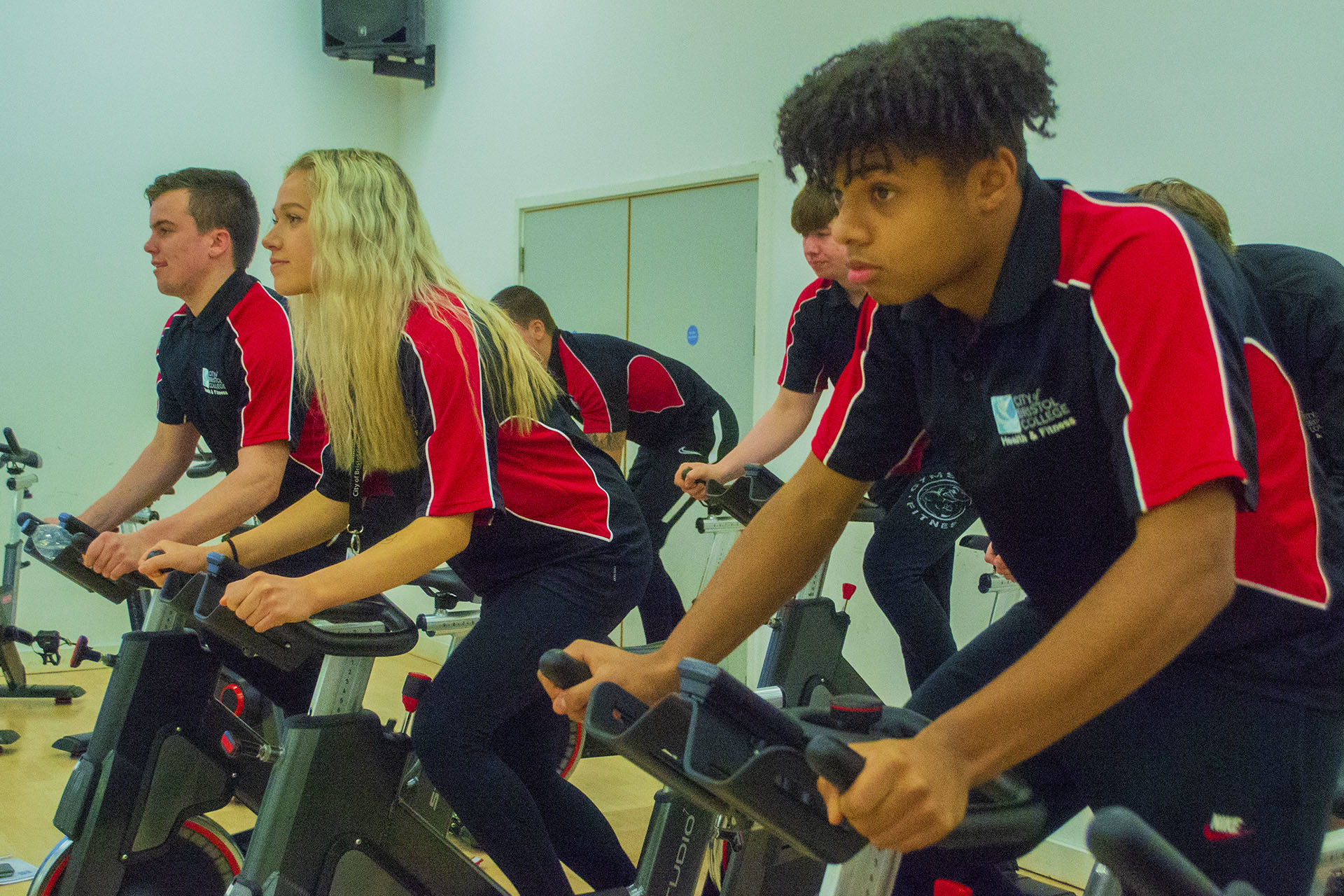
2. Get experience relating to what you want to do
Part-time jobs or work experience can give you transferable skills.
Try careersnearhere.com for links to local opportunities relating to your studies and interests.
Another good source of information is Pure Potential with advice about how to go about finding opportunities.
If you’re studying, you could ask your teachers about potential work-experience opportunities relating to your course.
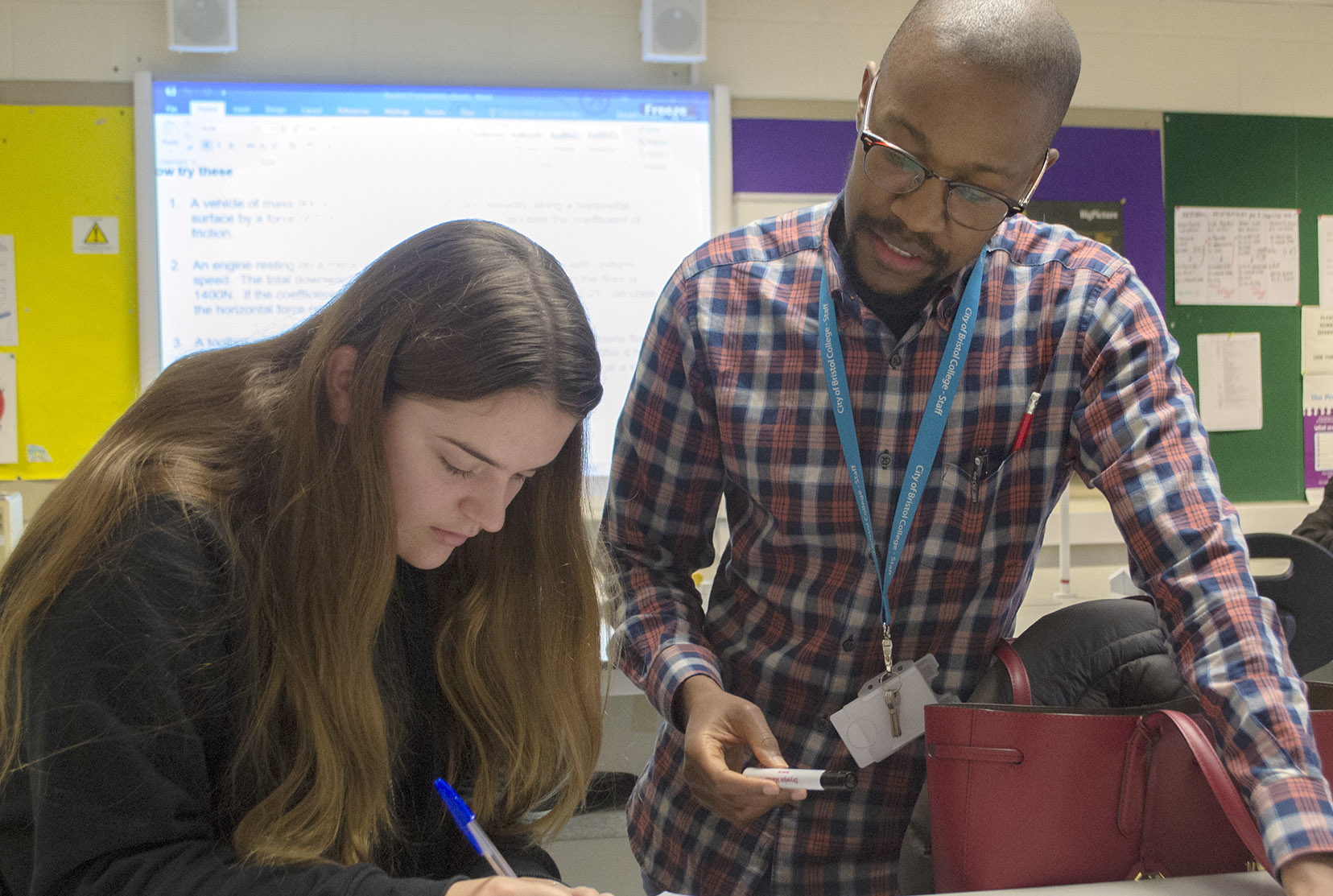
3. Volunteer in your free time
Volunteering can help you develop your confidence, self-awareness and responsibility. It encourages personal and social development building your soft skills.
There are many organisations which are looking for the right people to assist and support them on a voluntary basis. Below are a selection of links where you can find these opportunities:
- Do-it
- Volunteer Bristol
- National Citizen Service (for people aged 16-17)
- GoodGym Bristol (for people aged 18+).
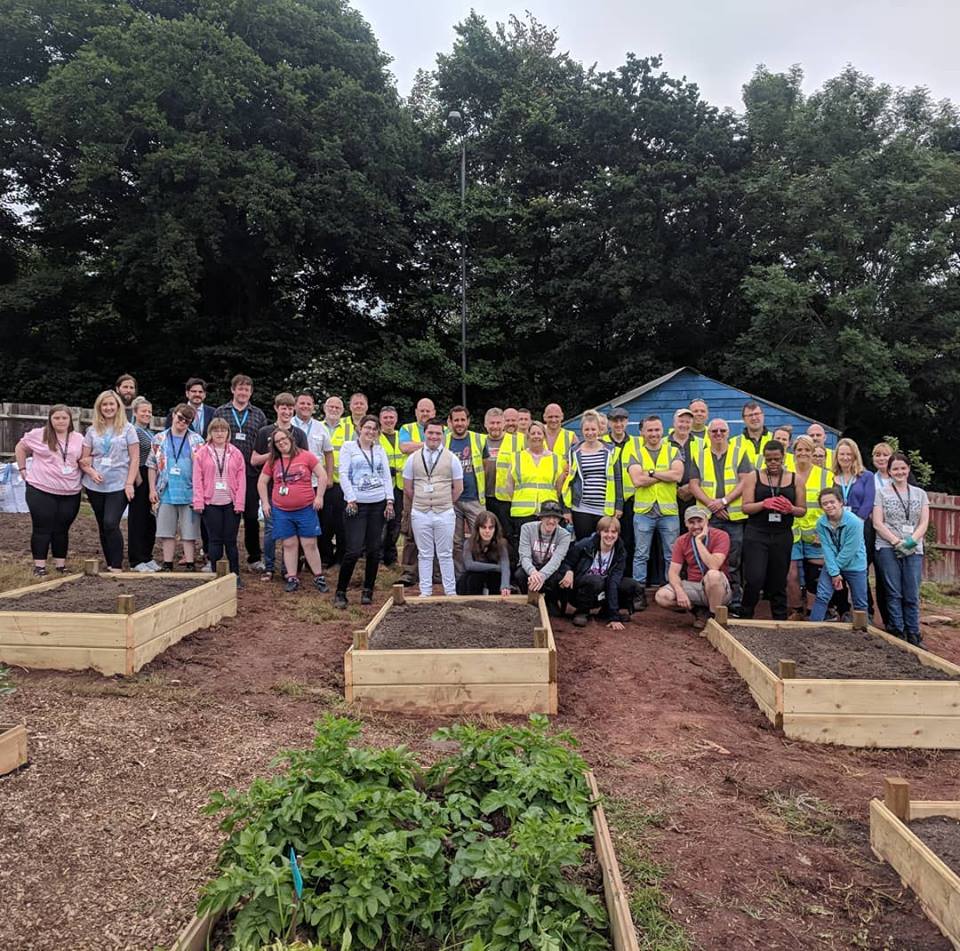
4. Consider what skills or qualifications you might need
There’s no one-size-fits-all when it comes to qualifications. Research and gather information about your chosen career and different routes into it.
For example, some careers may require you to complete specific qualifications while others may ask for prior work experience.
- CareerPilot – A great place to start your research, if you are 16-19, is CareerPilot. It is specifically set up to support young people in the South West region.
- Step into the NHS – Find out what career in the NHS would suit you.
- Prospects – Range of careers guides including Student Career Guide, Career in Law Guide and Career in STEM (Science, Technology, Engineering and Maths).
- National Careers Service – Explore careers by job category.
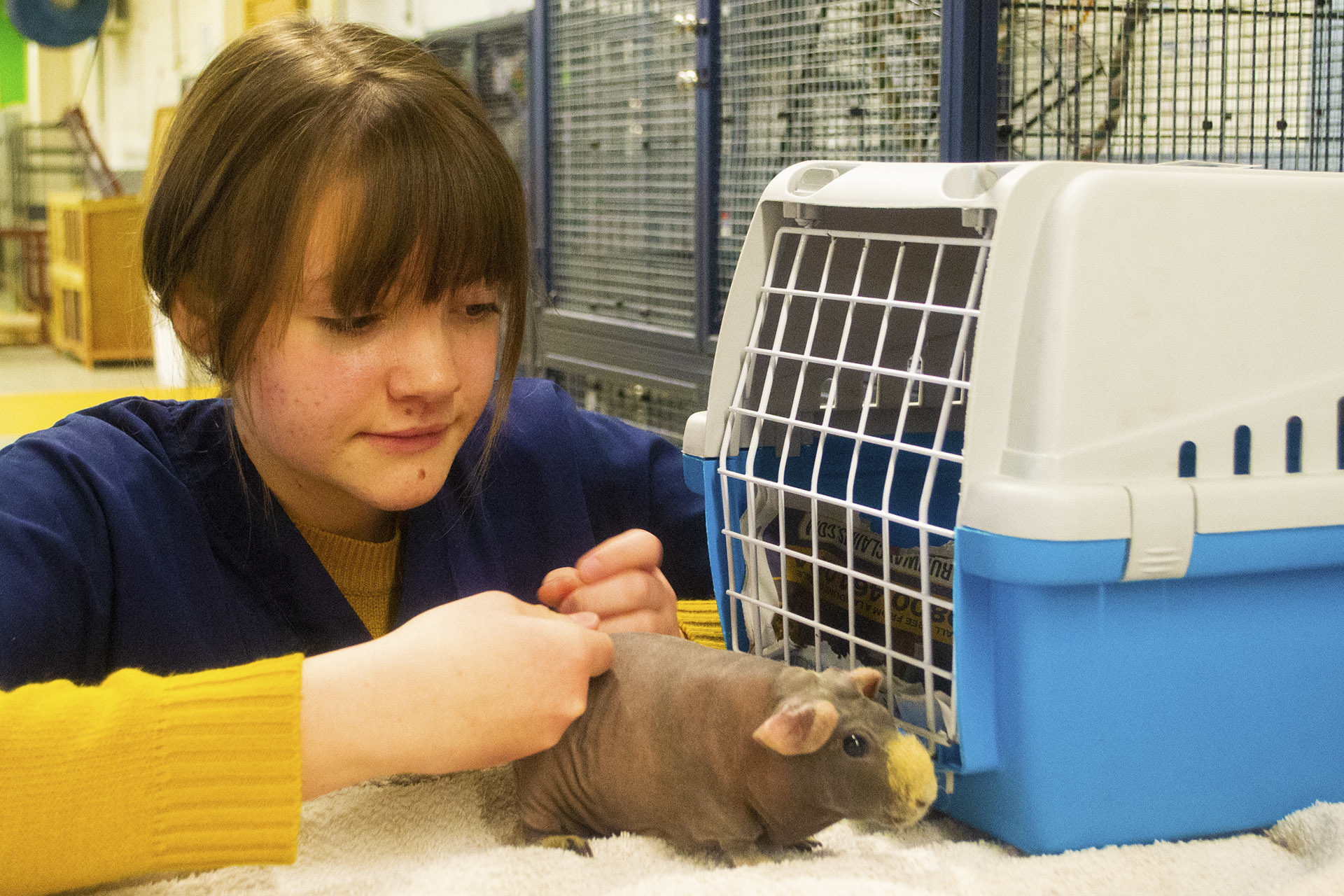
5. Think beyond traditional routes into a career
Whatever your age or experience, there are a variety of options available to you. For instance, did you know that you can study apprenticeships at degree level? City of Bristol College offers a range of qualifications for adults and school leavers that can help take you where you want to go.
If you’re entrepreneurial you may also consider starting your own business.
Bristol is a great hub for independent businesses and organisations. If you’ve got a dream, why not make it into reality?
- Apprenticeships in Bristol – More information and current vacancies.
- Bristol City Council, starting a new business – Useful links and advice for people interested in starting a new business.
- Prince’s Trust – Help for 18-30-year olds interested in starting their own business.
- Business West – Help for people who want to increase sales and boost profits.
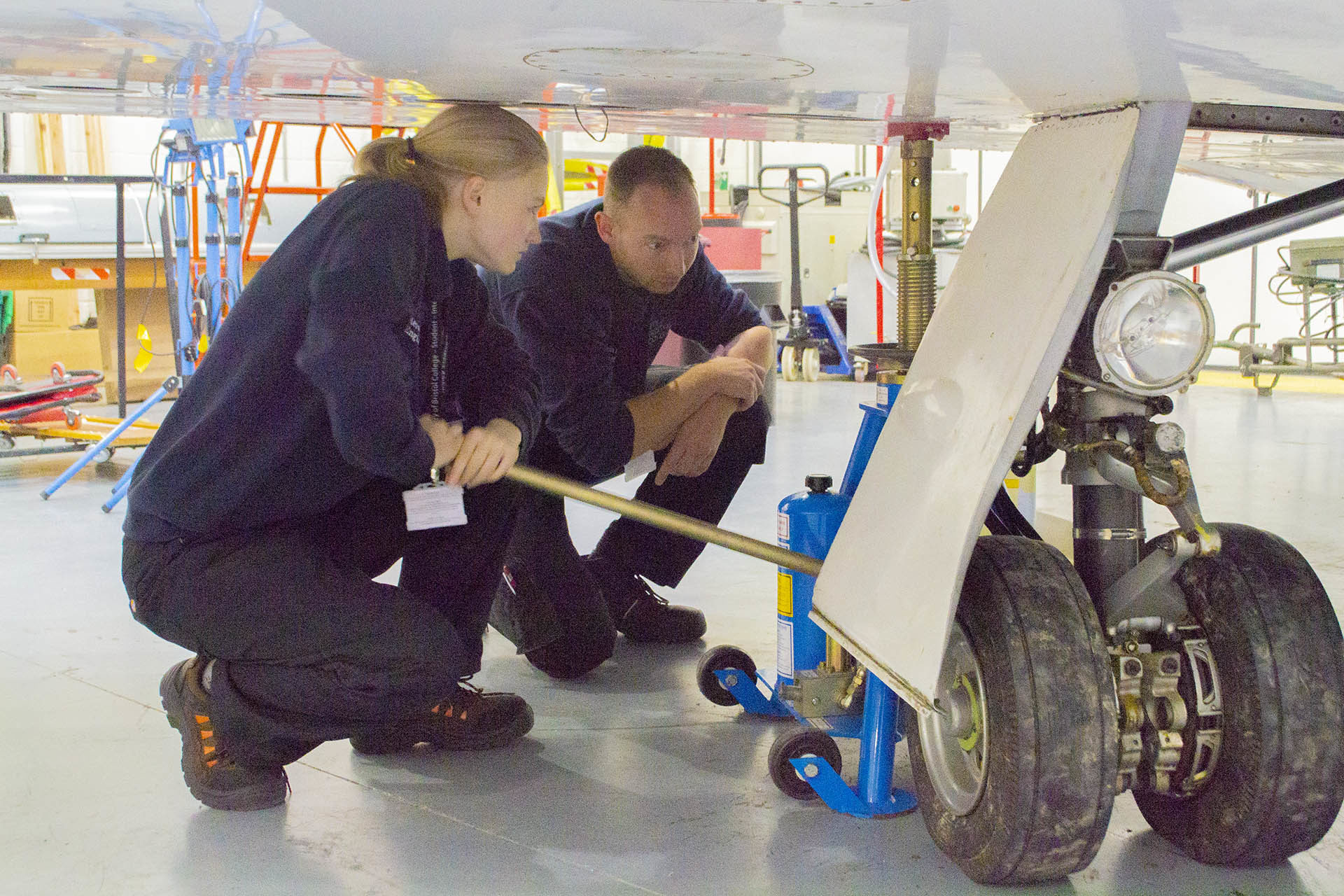
6. Take time getting your CV and covering letter right
A good CV and covering letter will help get an interview by allowing you to showcase your relevant skills, experiences and qualifications.
You will need to adapt your CV so that it reflects the requirements of each job you are applying for.
- How to write a job application – Information from Prospects about how to be successful when applying for a job.
- Free UCAS covering letter tool – If you’re applying for University, this free tool can help you write your personal statement.
- How to write a covering letter – Advice from the National Careers Service.

7. Become a star interviewee
If you land an interviewing, preparing for it is key. If you have limited time, we recommend getting familiar with the following resources:
- How to answer the ten most common interview questions (video)
- How to prepare for a job interview
- How to use the STAR technique to answer interview questions
We are an employability-focused College. Find out more about how we make our students job-ready.
City of Bristol College students can access more information about careers and part-time jobs on the jobs board on Moodle. You can also get in touch with the Study Centre teams at your College centre.
This article has been produced for National Careers Week 2020. The information provided is from Celeste Indge who is City of Bristol College’s Careers and Employability Coordinator.















